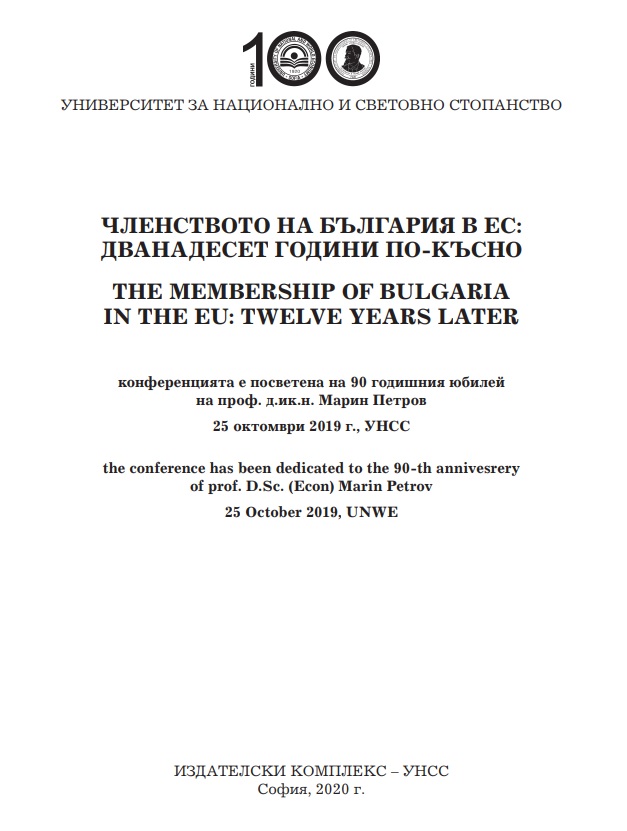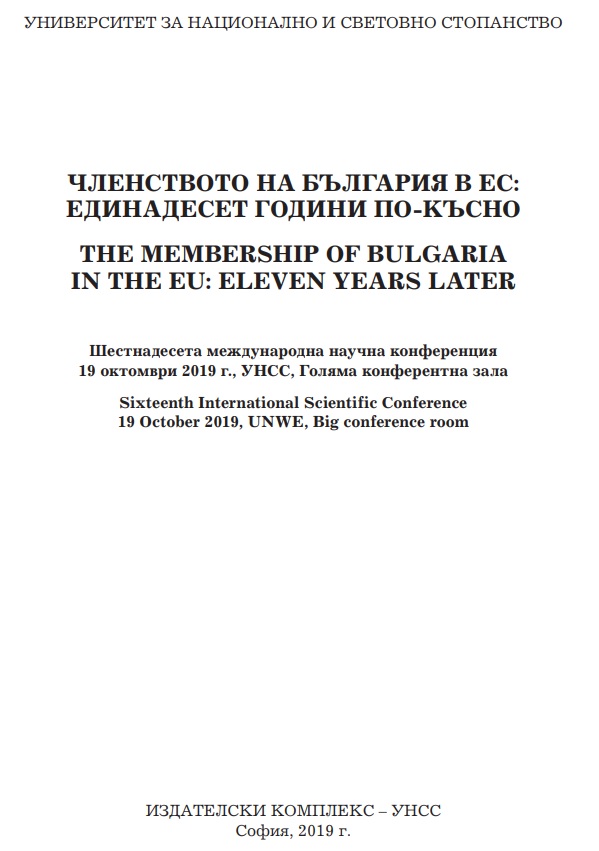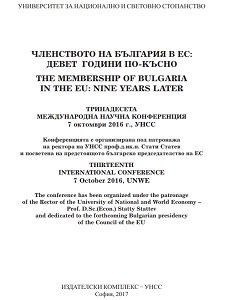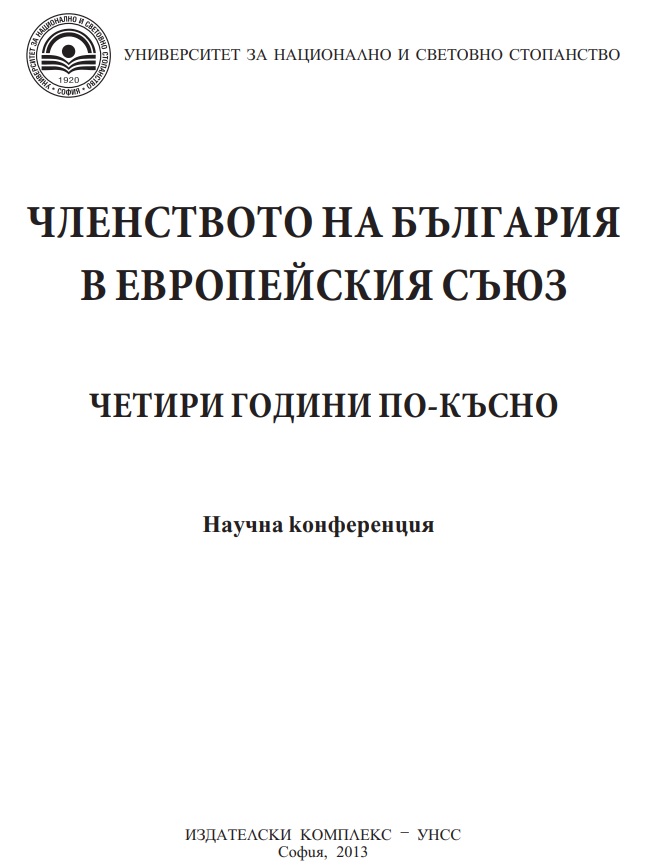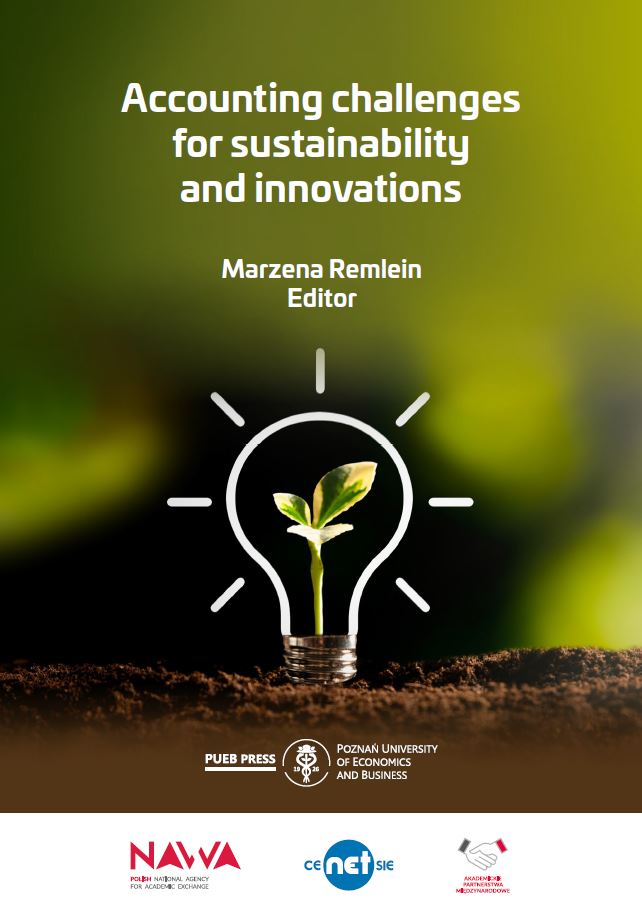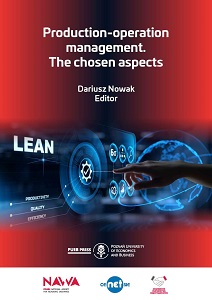Author(s): Bartosz Marcinkowski,Sebastian Narojczyk,Dariusz Nowak,Vasyl Zalizko / Language(s): English
Publication Year: 0
Climate change, resource depletion, technical progress, growing consumer awareness and changing requirements causes companies to look for new production methods. They may concernvarious areas of the company’s activity, starting from product design, procurement organization, optimization of production processes, control of manufactured products and services, through improvement of work organization and reduction of production costs, and ending with the implementation of modern solutions based on digital technologies. The purpose of implementing new production methods is to improve labour mobility, optimization of the use of raw materials and resources, costsreduction, increase efficiency, productivity, etc. In the literature, there are many different types of methods that can be used by modern enterprises. It is practically impossible to present all methods in this study. The authors focused on the presentation of selected methods, which are characterized on the one hand by innovation and, on the other hand, by the possibility of implementation. Particular attention should be paid to methods focused on environmental aspects. This group presents basic information on environment-conscious manufacturing (ECM), life-cycle assessment (LCA) and waste management and recycling. These methods allow to implement the concept of sustainable development and are directly related to the 17 goals set out in the 2030 Agenda for Sustainable Development and adopted by UN member states. In the group of methods related to next generation production management, the focus was on Matrix shop floor control and cooperative manufacturing. Of particular importance is cooperative management, because cooperation in practice is considered as a specific resource and one of the most important factors of a competitive position. The next group of methods concerned production planning and control. Drum Buffer Rope (DBR) and theory of constraints (TOC) were discussed as part of it. From the company’s point of view, methods related to manufacturing processes are very important, including group technology (GT) and cellular manufacturing (CM). Another group focused on commercial aspects, including demand chain management (DCM) and competitive intelligence (CI). The chapter also presents methods related to auxiliary software support, advanced organizational manufacturing and focused on product design.In the first case, Electronic Data Interchange (EDI) was discussed, in the second, virtual enterprises (VE) and World Class Manufacturing (WCM) were presented, and in the third, the assumptions concerning the Quality Function Deployment (QFD) and House of Quality (HOQ) method were shown. Additionally, Statistical Process Control (SPC) and Computer-Aided Process Planning (CAPP) are discussed within the framework of methods focused on cost and quality manufacturing.
More...
